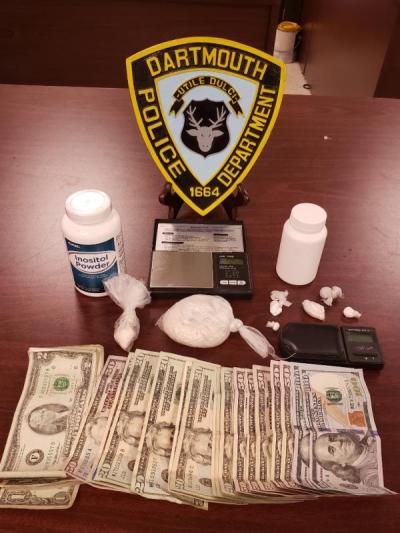Town working to join class action opioid lawsuit
As the Covid-19 crisis slows, town officials are turning some focus back to a different epidemic.
According to Town Administrator Shawn MacInnes, Dartmouth could soon be joining a slew of other communities suing the pharmaceutical companies and distributors that caused the opioid crisis.
MacInnes said the town is looking to take part in a class action lawsuit, as officials are currently in discussions with a firm representing other communities in Massachusetts and nationwide.
“We haven’t signed a contract yet,” he said, adding that the Covid pandemic significantly slowed the process.
A number of other communities around the country and across the South Coast have joined similar suits, including Fairhaven in 2018 and New Bedford in 2019.
Bristol County has been one of the hardest-hit areas in a state that has an opioid death rate around twice that of the national average.
In 2018, Dartmouth saw 64 overdoses, including four deaths.
Just one year later, that number jumped to six deaths out of 73 overdoses taking place within the town limits.
State data shows 10 Dartmouth residents died from opioid-related overdoses in Massachusetts overall.
And although the number of confirmed overdose deaths in the state in 2019 was down 0.4% from the year before, preliminary data from 2020 shows an uptick during the pandemic.
“We go on a ton of these calls,” noted Dartmouth Police spokesperson Det. Kyle Costa. “Overdoses are prevalent in this town — they have been since the crisis kicked off several years ago.”
“It is a strain on the department,” he added.
MacInnes said that there will be no cost to the town to participate in the class action lawsuit.
Remedies sought would likely include monetary compensation.
“Most likely [funds] would go toward support of those in the community affected, as well as education and outreach,” he stated.
“The goal of the town of Dartmouth is to protect the health and safety of the community by seeking to limit the unnecessary and harmful prescription of opioids,” MacInnes noted.
“This is something that’s years in the making,” he added. “It’ll be a benefit to the community if we’re able to get something we can use to help offset [the effect of the crisis] in a positive way.”














